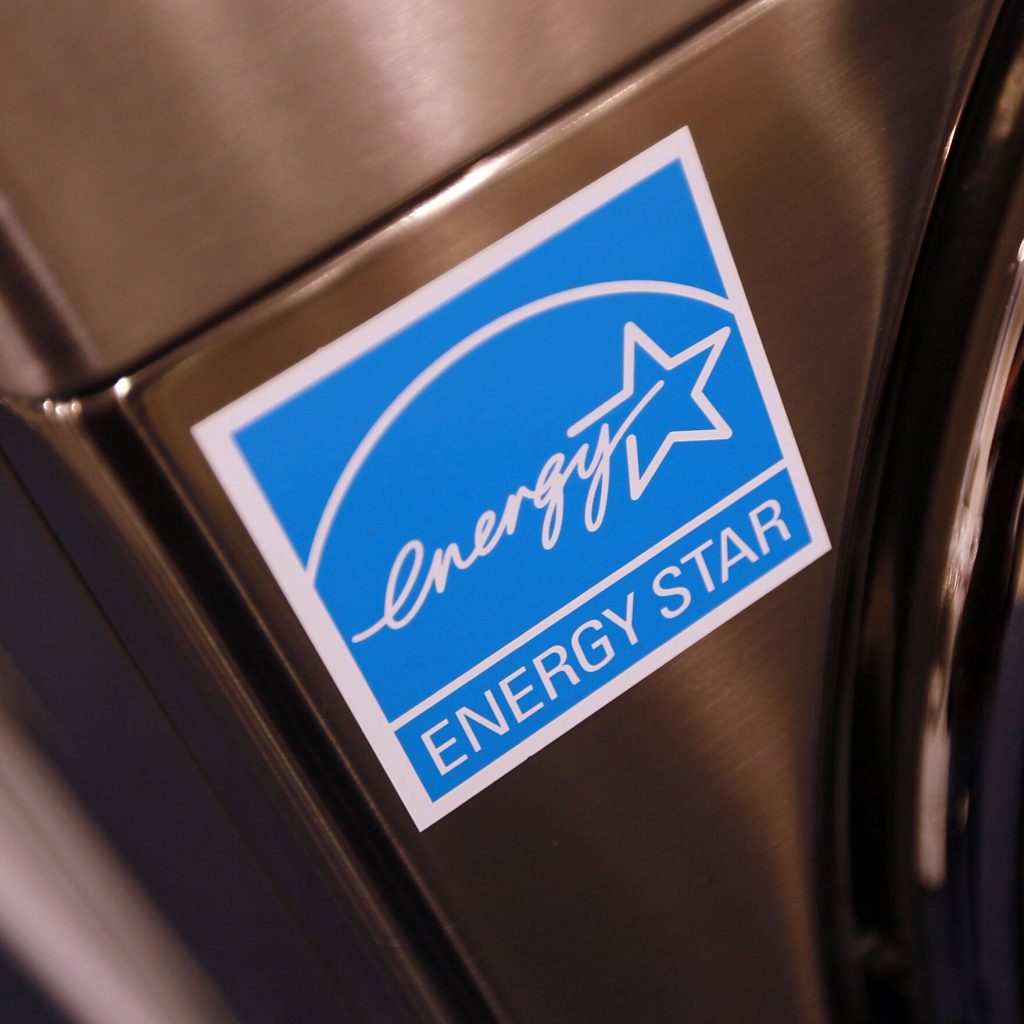E.P.A. Retreats From Plans to End the Energy Star Program

The Environmental Protection Agency (E.P.A.) has backtracked on its decision to terminate the Energy Star program, a popular energy efficiency initiative that has been widely acclaimed by consumers and businesses alike. The program, which was launched in 1992, helps consumers identify energy-efficient products and buildings, and has become a staple in the fight against climate change.
The E.P.A. had announced earlier that it would be ending the program as part of a broader effort to review and revise its voluntary labeling programs. However, the agency faced intense backlash from business leaders, Republicans, and environmental groups, who argued that the program was a vital tool in promoting energy efficiency and reducing greenhouse gas emissions.
The Energy Star program has been instrumental in helping consumers make informed purchasing decisions, with over 20,000 products and 1.5 million buildings bearing the Energy Star label. The program has also helped to drive innovation in the energy efficiency sector, with many manufacturers competing to develop more efficient products.
In response to the criticism, the E.P.A. announced that it would continue to operate the Energy Star program, citing its importance in promoting energy efficiency and reducing energy costs for consumers. The agency also acknowledged that the program had been a success, with estimates suggesting that it had helped to reduce energy consumption by over 3 trillion kilowatt-hours since its inception.
The E.P.A.’s decision to retain the Energy Star program is seen as a significant victory for environmental groups and business leaders who had lobbied to save the initiative. It also highlights the challenges faced by the E.P.A. in balancing its regulatory responsibilities with the need to work with businesses and other stakeholders to achieve its environmental goals.
The Energy Star program is just one of several initiatives that have been impacted by the Trump administration’s efforts to roll back environmental regulations. However, the E.P.A.’s decision to retain the program suggests that some environmental initiatives may be more resilient to change than others.





